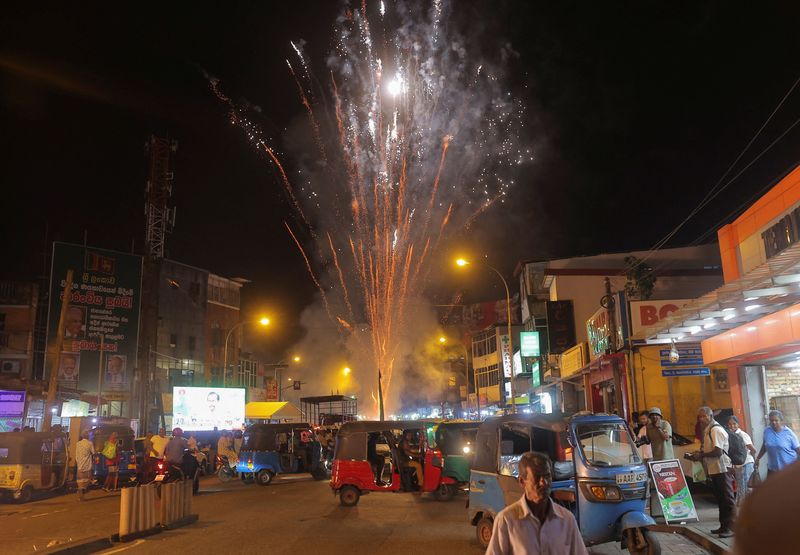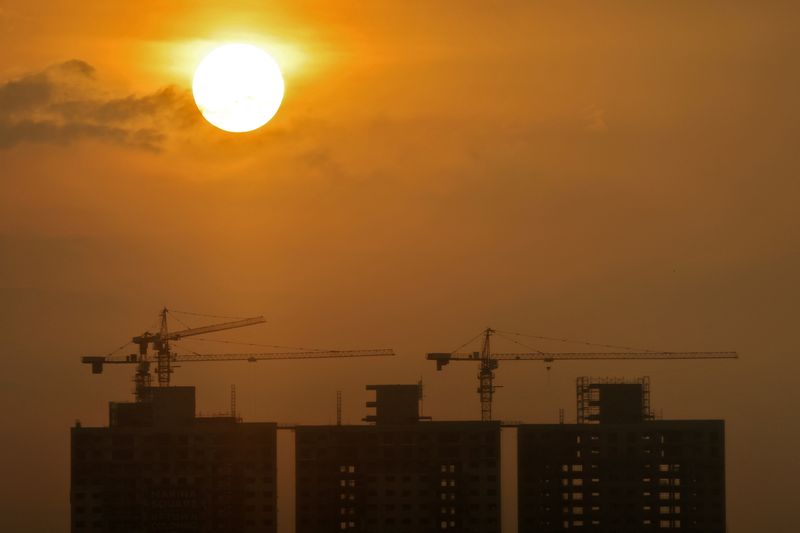By Uditha Jayasinghe
COLOMBO (Reuters) -Sri Lanka on Wednesday signed agreements with China and other creditor nations to restructure about $10 billion in bilateral debt, in a major step towards stabilising its crisis-hit economy.
The move brings Sri Lanka closer to finalising a debt restructuring process kicked off in September 2022 after its reserves hit their lowest levels and forced the island nation to default on its foreign debt for the first time.
The agreements will be presented to parliament on July 2, President Ranil Wickremesinghe said during a post-signing address to the nation.
"All bilateral loan payments to foreign countries will be postponed till 2028. Additionally, Sri Lanka will have until 2043 to repay these loans on concessional terms," he said.
Sri Lanka will use this opportunity to recommence stalled foreign-funded development projects and promote economic growth, he added.
The deals will also allow Sri Lanka to move forward with a $2.9 billion programme with the International Monetary Fund (IMF) aimed at ending its financial crisis.
Sri Lankan officials in Paris inked the agreement with the Official Creditor Committee (OCC), made up of representatives from 17 countries that have lent a combined $5.8 billion to the nation and is co-chaired by Japan, India and France.
The country also signed a separate agreement to restructure $4.2 billion in debt from China EXIM Bank in Colombo, the president's media office said in a statement.
Sri Lanka, however, still needs to convince bondholders to restructure about $12.5 billion in international bonds.
Its dollar-denominated bonds slipped as much as 0.4 cents to around 60 cents, Tradeweb data showed.
However, its international bonds have rallied over the past two months, with a few trading at their strongest levels since late 2021.
Sri Lanka needs to continue reforms including imposing property taxes, revamp money-losing state-owned companies, and improve dollar reserves, the IMF said in its latest review.
Sri Lanka is scheduled to hold presidential elections before mid-October.

"It's still going to leave that country with a very high level of debt to GDP. We can't be sure that this will be enough to restore Sri Lanka. The markets are then saying ... 'Is this going to work on a five-year view?'" said Charlie Robertson, head of macro strategy at FIM Partners.
"We need to see politicians in charge who are committed to the existing programme, or do even more."
